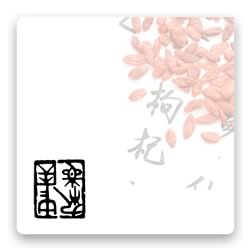We use cookies to make your experience better. To comply with the new e-Privacy directive, we need to ask for your consent to set the cookies. Learn more.
The Changing Qualities of Chinese Herbal Medicines
Did you know?
For the cost of 5 articles (students) or 10 articles (practitioners) you can buy a year's access to the entire Journal of Chinese Medicine article archive.
$6.00
VAT Exempt
In stock
SKU
JCM117-19
In Chinese, the character 性 xing represents the complete character of a substance, which is not synonymous
with plant name, genus, species or previously documented medicinal action or indication. Rather, 性 xing is the
totality of what an individual herb actually is and therefore does in a patient’s body at the moment of its use. It
is important to recognise that the 性 xing of a natural substance is not static, but changes through location and
climate, and continues to shift as a plant dries, ages, becomes mouldy, loses essential oils due to storage, is ground
into powder, prepared into pills, steeped for minutes or cooked for hours. This article explores these aspects of
Chinese herbal medicines, particularly in relation to clinical practice.
with plant name, genus, species or previously documented medicinal action or indication. Rather, 性 xing is the
totality of what an individual herb actually is and therefore does in a patient’s body at the moment of its use. It
is important to recognise that the 性 xing of a natural substance is not static, but changes through location and
climate, and continues to shift as a plant dries, ages, becomes mouldy, loses essential oils due to storage, is ground
into powder, prepared into pills, steeped for minutes or cooked for hours. This article explores these aspects of
Chinese herbal medicines, particularly in relation to clinical practice.
| Author | JulieAnn Nugent-Head |
|---|---|
| JCM Issue | JCM 117-19 |
Write Your Own Review
* Orders shipped outside of Europe are eligible for VAT relief and will not be charged VAT.

